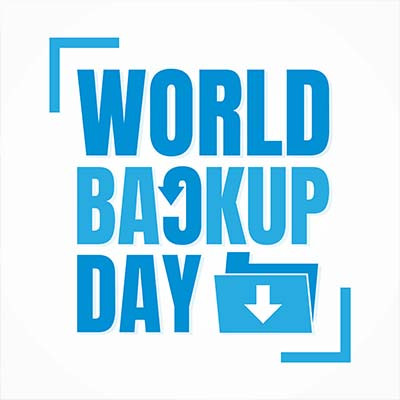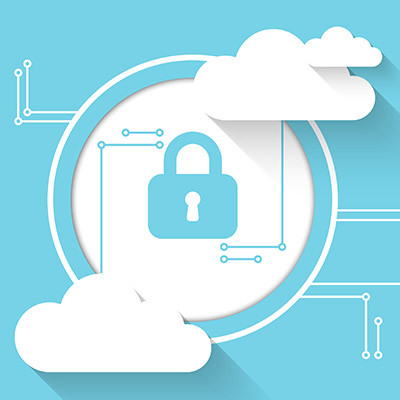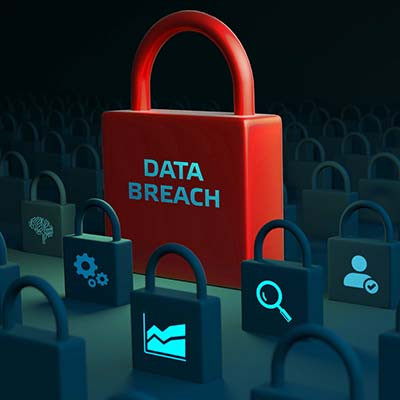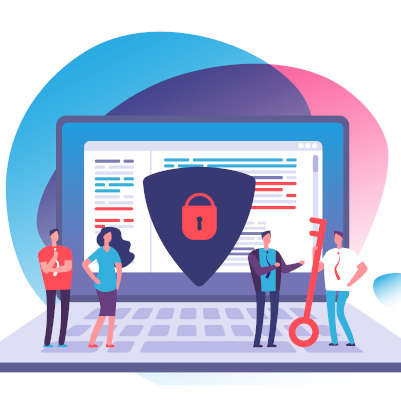It’s almost summer, which means baseball is in full swing. The game that many of us grew up on has recently gone through a major shift; one that small business owners can replicate to help their organizations. It came about through the use of data and today we’ll discuss how the national pastime has changed and how you can use the same strategies to help make your business better.
Argentum IT LLC Blog
Data breaches—any event where a business’ confidential data is viewed, copied, or stolen by an unauthorized person or party—are a serious problem. Unfortunately, they are also a serious problem that can be caused by no shortage of situations. Let’s review some of the causes of business data breaches so you’ll know what to keep an eye out for.
Tomorrow, March 31st, is the official World Backup Day, a day intended to remind us all of the importance of taking backups for the sake of data continuity. While this kind of day can be a valuable reminder of a critical best practice, we contend that your awareness of your backup (and the associated maintenance of it) should not be limited to a single day.
The cloud is far and away one of the most beneficial technologies that a modern business has at its disposal. Unfortunately, the same can be said for modern cybercriminals. The cloud has given cybercriminals new opportunities that are important to acknowledge—as well, of course, to protect your business against.
Healthcare is an industry that—quite understandably—operates under very high pressure for a significant share of the time. As a result, it is only natural to conclude that a technology that could potentially make the lives of healthcare providers and administrators easier in numerous ways shows some promise. That technology is artificial intelligence.
Let’s go over a few of the many ways that AI has been proposed (if not implemented already) as a solution to some of healthcare’s more challenging stresses.
Cybersecurity is an important subject for a business’ entire team to appreciate, particularly when it comes to the minute differences between different terms. For instance, a layperson might hear “breach” and automatically think “security incident.” While this technically isn’t incorrect, per se, the two terms aren’t really synonymous.
Let’s take a few moments to dive into the minutiae and define these two terms more clearly.
Look, we are big fans of the cloud, especially for data storage, but you shouldn’t implement the cloud without a solid security strategy. Whether you are using it for your business’ data storage needs or just to take backups of your infrastructure, you’ll still need to keep various facets of security in mind for your cloud storage. It all starts with figuring out how secure your cloud provider really is.
Keeping your data protected is a huge concern nowadays, with more and more safeguards needed to prevent it from being exfiltrated. Encryption is a great way to prevent your data from being any good to those who might steal it. Let’s review what encryption is, and delve into how it works in practice.
Data breaches are an unfortunate reality in this day and age, even during the holiday season. While it is important to do everything you can to prevent these kinds of disasters, you need to be prepared to deal with it—both in terms of your operations, and in terms of communicating with your clientele.
Whether you refer to them as clients or customers, the people who act as patrons to your business are essential to its success and survival. This means that you need to keep them as happy as possible. While there are many aspects of maintaining a high level of customer service, we wanted to take a bit of time to examine how deploying the right technology can assist your business in doing just that.
While we cannot express how important it is to update your software and hardware in a timely manner, it is important to keep in mind that some of these updates aren’t going to be perfect. An upcoming update to Google Workspace serves as the perfect example, as the company has recently released an alert to inform users about an issue affecting Google Drive.
It seems that the last few months have been filled with major cyberattacks, particularly those taking advantage of major businesses that might not initially be considered targets for these kinds of acts. For instance, McDonald’s Restaurants was recently breached. Let’s examine the situation, and how it plays into the recent trends we’ve witnessed.
The blockchain has made quite a splash, beginning as the technology that powers Bitcoin before branching out into different use cases that many businesses are already taking advantage of. Let’s go over the benefits—and shortcomings—of the various varieties that blockchain now comes in, and how they are commonly used.
Did you know that maps as we know them are remarkably skewed? Due to some centuries-old superiority complexes and prejudices, the maps we’ve all been raised looking at have never been completely accurate. However, this problem could soon be an element of cybercrime thanks to a developing technology that many have yet to take seriously, deepfake images, and how they could revolutionize cyberattacks moving forward.
Because of the protection it can offer your organization, data backup is a necessary tool for you to have—that is, provided it has the requisite security and reliability you’ll need should you ever have to lean on it. Let’s go over a few guidelines to help you be sure that your backup is trustworthy enough to stake your business’ future on.
Your business’ data is perhaps its most crucial resource—which is why it is so important that it remains protected against all threats (including those that come from within your own business). Consider, for a moment, the ongoing trial of Xiaorong You, going on in Greenville, Tennessee. Accused of stealing trade secrets and committing economic espionage, You allegedly stole various BPA-free technologies from various companies—including Coca-Cola and the Eastman Chemical Company, amongst others—to the tune of $119.6 million.
Facebook is many people’s favorite—or at least most used—app and it does bring value to people by letting them keep tabs on friends and family, or grow their businesses. It has grown to be one of the largest, most successful software technology companies in the world. Unfortunately, with that type of exposure comes the responsibility of securing massive amounts of personal data. In this quest, they leave a lot to be decided. Today, we take a look at the situation Facebook is in as they are dealing with one of the largest data leaks in history.
It is only too common for people to have very different personalities in the office as they do during their off hours, with different standards and practices to suit them. While there is absolutely nothing wrong with that on the surface, you need to be sure that they are at least upholding the kind of security best practices that you expect of them in the office while they are at home.




















